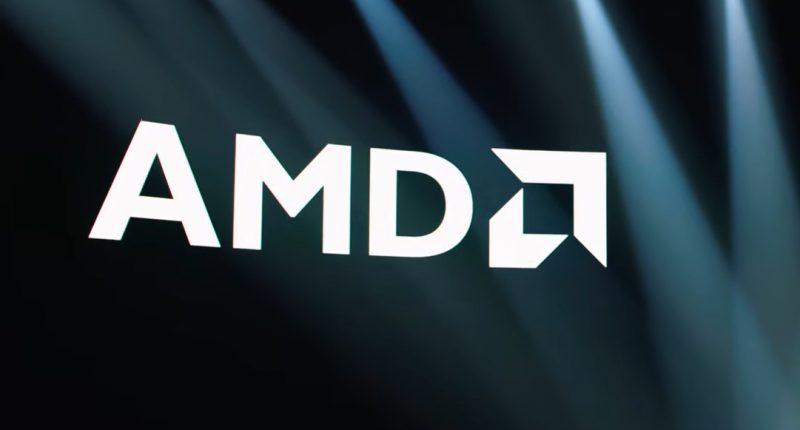The AI chip market is witnessing a fierce competition for supremacy, with now AMD gunning for glory and challenging Nvidia’s crown as it announces next-gen AI chips. Hours after Nvidia announced its plans to roll out new AI chips annually, the Santa Clara-headquartered AMD has now unveiled a series of new AI processors.
This announcement was made at the Computex technology trade show in Taipei. “AI is our number one priority and we’re at the beginning of an incredibly exciting time for the industry as AI transforms virtually every business, improves our quality of life, and reshapes every part of the computing market,” Lisa Su, AMD’s Chair and CEO, commented on the matter. During her keynote address, Su introduced the Ryzen AI 300 series, designed specifically for next-generation AI-powered laptops. These new processors are set to challenge Intel’s upcoming Lunar Lake chips and Qualcomm’s Snapdragon X. A key feature of the Ryzen AI 300 series is its integration with Microsoft’s AI chatbot.
In addition to the Ryzen AI 300 series, Su unveiled the Ryzen 9000 series for desktops. Marketed as “the world’s fastest consumer PC processors,” these chips are tailored for gaming and content creation, promising unmatched performance for these demanding applications. Both the Ryzen AI 300 and 9000 series are scheduled to be releases sometime next month, following closely on the heels of AMD’s April announcement of new AI-capable processors, including the Ryzen Pro 8040 for laptops and Ryzen Pro 8000 for desktops.
AMD also detailed its plans for data center processors, introducing the Instinct MI325X accelerators. These new accelerators, set to be available in the fourth quarter of the year, are an enhanced version of the existing MI300 series and will bring 288GB of HBM3E memory and 6 terabytes/second of memory bandwidth to the table. “The AMD Instinct MI300X accelerators continue their strong adoption from numerous partners and customers including Microsoft Azure, Meta, Dell Technologies, HPE, Lenovo and others, a direct result of the AMD Instinct MI300X accelerator exceptional performance and value proposition,” Brad McCredie, Corporate VP of Data Center Accelerated Compute at AMD, said. “With our updated annual cadence of products, we are relentless in our pace of innovation, providing the leadership capabilities and performance the AI industry and our customers expect to drive the next evolution of data center AI training and inference.”
The company plans to follow this with the MI350 series in 2025, built on next-generation architecture, followed by the MI400 series in 2026. And if this is nor enough, Additionally, Su previewed the latest fifth-generation EPYC server processors, expected to launch in the second half of the year. These processors are designed to continue AMD’s leadership in performance and efficiency within the server market. The EPYC chips, along with the Ryzen AI 300 and 9000 series, will be built on AMD’s advanced “Zen 5” architecture, which Su noted would be prevalent across a wide range of computing applications, from supercomputers to personal computers.
Still, despite all this, AMD continues to trail behind Nvidia, which controls about 80% of the AI semiconductor market. Nvidia’s shares have seen a remarkable increase, more than seven-fold since the start of 2023, compared to AMD’s more than doubling in value during the same period. AMD’s shares are currently priced at $161.91.
The Tech Portal is published by Blue Box Media Private Limited. Our investors have no influence over our reporting. Read our full Ownership and Funding Disclosure →






